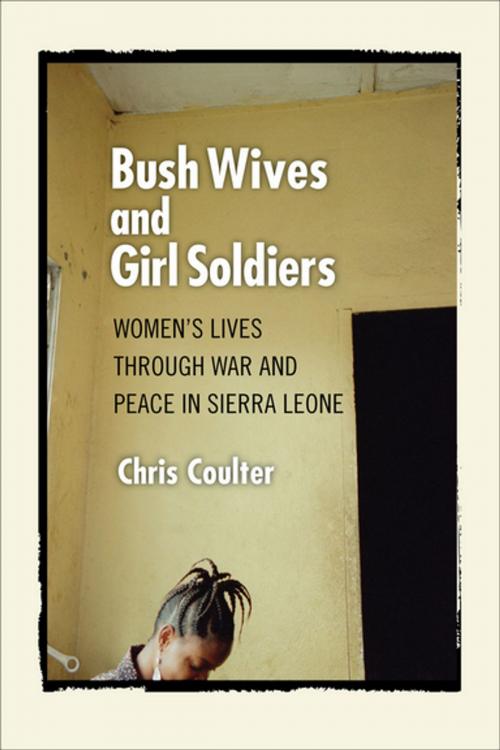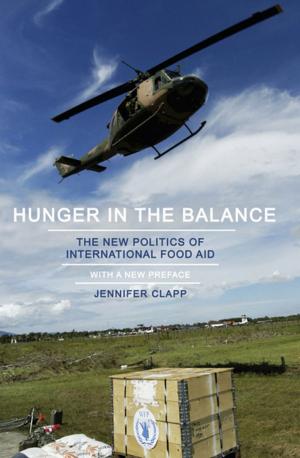Bush Wives and Girl Soldiers
Women's Lives through War and Peace in Sierra Leone
Nonfiction, History, Africa, Social & Cultural Studies, Social Science, Anthropology| Author: | Chris Coulter | ISBN: | 9780801457241 |
| Publisher: | Cornell University Press | Publication: | December 15, 2009 |
| Imprint: | Cornell University Press | Language: | English |
| Author: | Chris Coulter |
| ISBN: | 9780801457241 |
| Publisher: | Cornell University Press |
| Publication: | December 15, 2009 |
| Imprint: | Cornell University Press |
| Language: | English |
During the war in Sierra Leone (1991–2002), members of various rebel movements kidnapped thousands of girls and women, some of whom came to take an active part in the armed conflict alongside the rebels. In a stunning look at the life of women in wartime, Chris Coulter draws on interviews with more than a hundred women to bring us inside the rebel camps in Sierra Leone.When these girls and women returned to their home villages after the cessation of hostilities, their families and peers viewed them with skepticism and fear, while humanitarian organizations saw them primarily as victims. Neither view was particularly helpful in helping them resume normal lives after the war. Offering lessons for policymakers, practitioners, and activists, Coulter shows how prevailing notions of gender, both in home communities and among NGO workers, led, for instance, to women who had taken part in armed conflict being bypassed in the demilitarization and demobilization processes carried out by the international community in the wake of the war. Many of these women found it extremely difficult to return to their families, and, without institutional support, some were forced to turn to prostitution to eke out a living.Coulter weaves several themes through the work, including the nature of gender roles in war, livelihood options in war and peace, and how war and postwar experiences affect social and kinship relations.
During the war in Sierra Leone (1991–2002), members of various rebel movements kidnapped thousands of girls and women, some of whom came to take an active part in the armed conflict alongside the rebels. In a stunning look at the life of women in wartime, Chris Coulter draws on interviews with more than a hundred women to bring us inside the rebel camps in Sierra Leone.When these girls and women returned to their home villages after the cessation of hostilities, their families and peers viewed them with skepticism and fear, while humanitarian organizations saw them primarily as victims. Neither view was particularly helpful in helping them resume normal lives after the war. Offering lessons for policymakers, practitioners, and activists, Coulter shows how prevailing notions of gender, both in home communities and among NGO workers, led, for instance, to women who had taken part in armed conflict being bypassed in the demilitarization and demobilization processes carried out by the international community in the wake of the war. Many of these women found it extremely difficult to return to their families, and, without institutional support, some were forced to turn to prostitution to eke out a living.Coulter weaves several themes through the work, including the nature of gender roles in war, livelihood options in war and peace, and how war and postwar experiences affect social and kinship relations.















